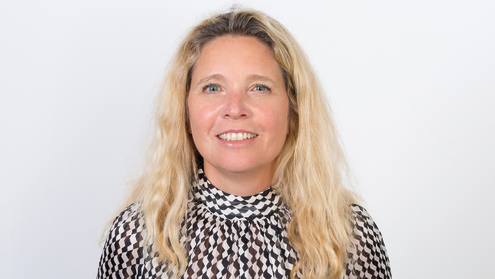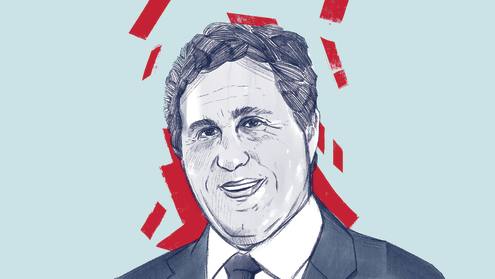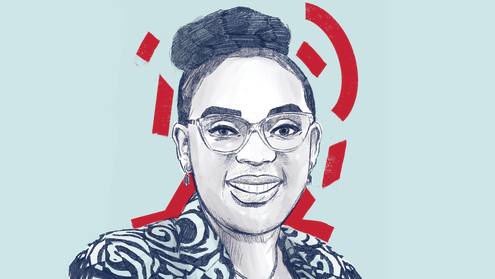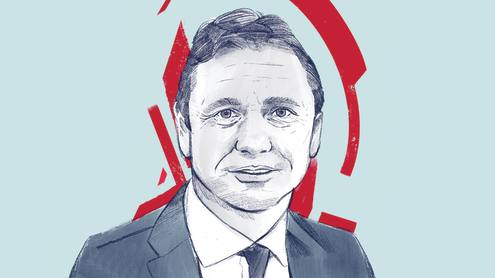Botswana is not the most talked about country in Africa, for what are largely understandable reasons. This vast, landlocked country in southern Africa is wealthy, developed and – in contrast to its more turbulent neighbours – peaceful.
It is also quite progressive, as demonstrated by the appointment of the then 30-year-old Bogolo Joy Kenewendo to its cabinet in 2018. As minister of investment, trade and industry, Ms Kenewendo is keen to promote her country as a stable and globally connected hub for doing business in Africa.
“In Botswana, we are really positioning ourselves as a destination of choice for investments, and also as a destination of choice for partnerships. In the past couple of months since [president Mokgweetsi Masisi] took over, he went around the Southern African Development Community [SADC] region, going back to our neighbours and saying: ‘We want to continue with our relationships, we want to strengthen them’,” she says.
Relationships are key
These strong relationships are crucial to the landlocked country of just over 2 million people. “In the SADC region we have a free-trade area that includes about 15 countries. Then we also have the Southern African Customs Union, which is five countries: Botswana, South Africa, Namibia, Swaziland and Lesotho,” says Ms Kenewendo. “We have recently signed up to the African Free Trade Agreement – that will really open up Botswana to the rest of the continent, including some of the biggest economies [such as Egypt and Ghana].”
A vast free-trade area that will eventually unify all 54 of Africa’s relatively small, fragmented markets is an exciting, if challenging, prospect. “We are quite excited about the prospect of a pan-African economy and one where intra-African trade is not only limited to 13% to 15% [of total flows], but can grow to 80%, which Europe currently sits at,” she says.
Ms Kenewendo is undeterred by critics that express doubts that the region’s leaders can achieve this pan-African dream. “The reason why we didn’t sign initially with the other 39 countries or so is [that] we really wanted to make sure that the things that are in the agreement are those that we can implement,” she says.
She also wanted to ensure the agreement would “benefit the companies that set up in Botswana, not only Botswana-owned companies but foreign investors that choose Botswana as a platform to launch into the rest of the continent”, she says. “We’ve done our due diligence, and we have ensured that we can sign when we see progress, when we see that there will actually be implementation. We are confident that the continent is ready and ripe for growth internally.”
In addition to building Botswana’s links with the rest of the continent, the country is positioning itself internationally. “Botswana has good relations with a lot of countries outside of the African continent. We are a party to the African Growth and Opportunity Act with the US; we have an agreement with the Mercosur bloc in Latin America; and we are building our relations with China as well.”
Bridging the skills gap
As the country looks to boost its economic performance in industries including engineering and manufacturing, some challenges remain – notably a gap between graduates’ skills and those that companies need, a problem linked to persistent unemployment patterns.
“We have been looking at the gap between the graduates we produce and what is needed in the market. There has been some progress in that some professional institutions and bodies have worked with the universities to ensure that the output is the one that is needed by the market. But the gap is still there and we are working to close it,” says Ms Kenewendo.
Overall, the government remains focused on delivering the infrastructure and support that investors need to succeed. “We are heavily investing in general drivers of growth, including the information and communications technology infrastructure and fibre networks. In terms of the roads, we are connecting to Zimbabwe, Zambia and South Africa, as well as to Namibia. And we are also investing in some rail networks to ensure the trade connections are working,” she says.
“The aim is to ensure that doing business in Botswana is a lot easier, and that investments – especially in the extractive industries – are protected and an investor can be guaranteed that they can take their profits back home, or go and reinvest them elsewhere,” says Ms Kenewendo. “We do encourage that there be reinvestment in Botswana: we don’t have any exchange controls, which has boded well for our economy and we haven’t seen any flight of capital. Instead, because of the flexible environment, people do find the need to reinvest domestically.”
Bogolo Joy Kenewendo is Botswana’s minister of investment, trade and industry.












